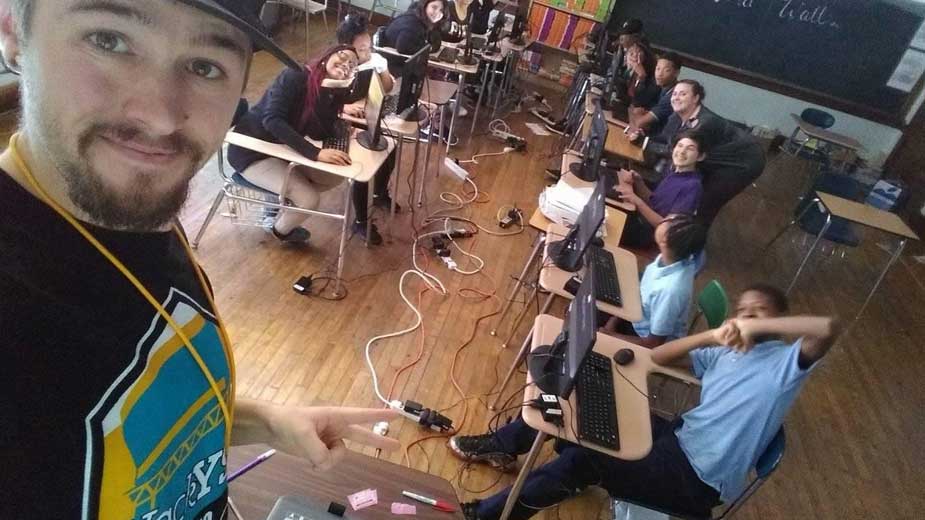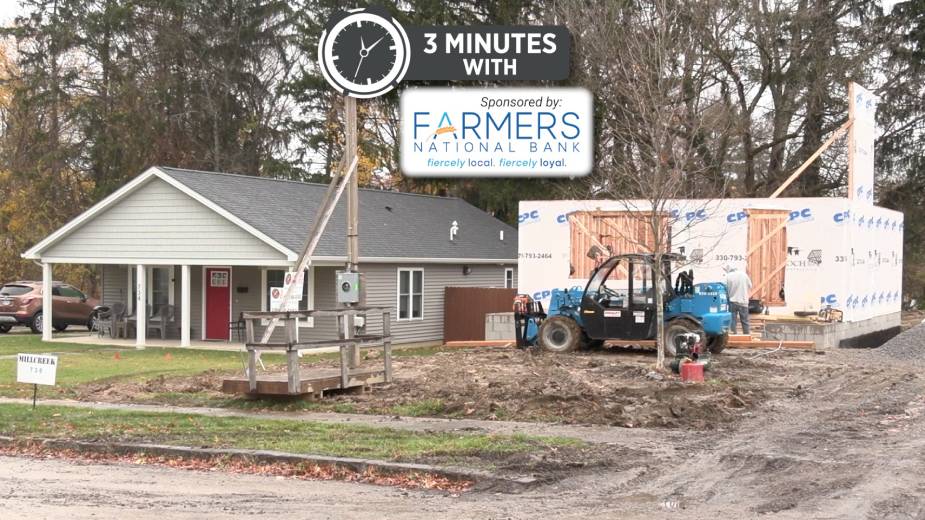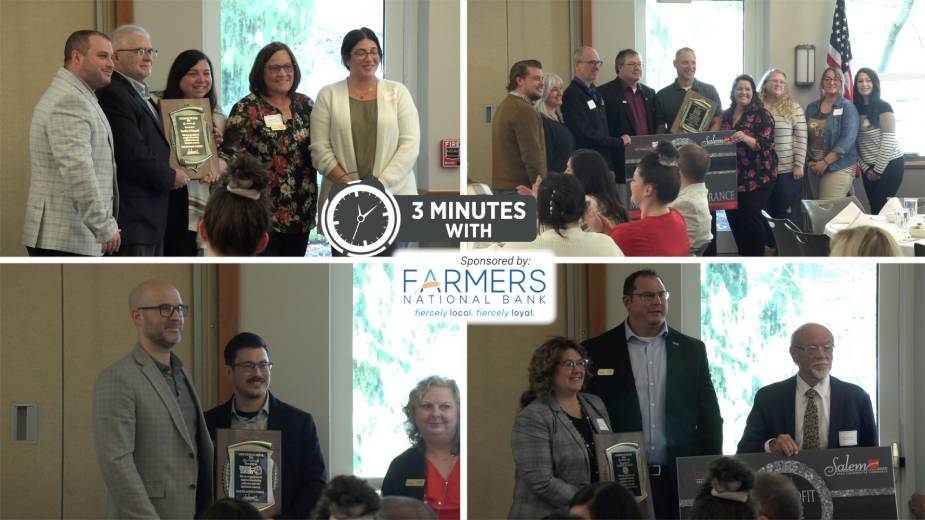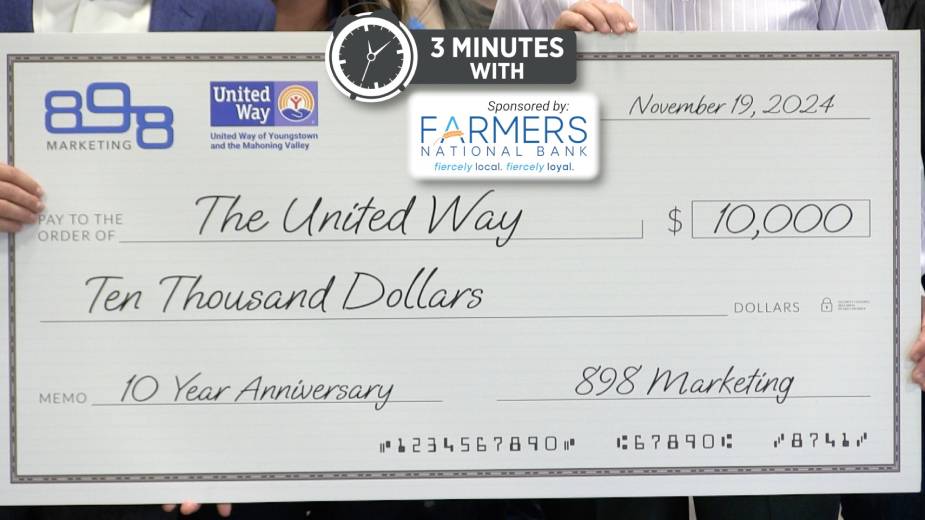Raspberry Pi at Oak Hill Gets Students Coding Early
YOUNGSTOWN, Ohio – It’s never too early to start pursuing passions. To illustrate that point, Oak Hill Collaborative’s Anthony Hake points to Mackenzie Roman, a fourth grader from Youngstown.
With an interest in computers – specifically coding – Roman is among the students in Raspberry Pi program for students taking part in United Way of Youngstown and the Mahoning Valley’s Success After Six program.
“Computers can be valued as both a toy and a tool,” Hake says. “Getting that knowledge into [students] hands has always been our No. 1 priority as it helps us combat the digital divide and increases digital literacy in the area.”
Raspberry Pi is a type of single-board computer, often used in education to teach the basics of programming. The system, however, isn’t entirely limited to that use. In Poland, a company used a Raspberry Pi system for industrial automation, while last year some ventilators used for COVID-19 patients were operated through the system.
At Oak Hill, though, the uses are more basic. Students are taught about parts and programs of Raspberry Pi during the first two weeks of the course. Then they get into programming, and by the final week, the students are able to create a world inside of a Minecraft-like system.
“These Raspberry Pis don’t have any real operating systems,” says Pat Kerrigan, executive director of the Oak Hill Collaborative. “There’s no games, none of the bells and whistles. They have to put any of that on there.”
The Raspberry Pi program at Oak Hill will be virtual for the foreseeable future due to COVID-19, Kerrigan says. Hake and Kerrigan say there have been some challenges to transitioning online. The program usually has one person teaching the class for six weeks, but Hake was one of seven instructors used to prevent the content from becoming stale. The biggest hurdle, however, was coming up with alternate teaching methods since the program requires a hands-on approach.

The content between the in-person and digital courses are the same, according to Hake, but he says there are some “pseudo psychological” approaches to helping a student learn in a classroom opposed to online.
“I’ll tell you, when I get in front of a class and start doing my thing, the kids light up. They enjoy it,” Hake says. “That may just be because I’m a character, but I’ve heard similar stories from other instructors. We use that to our advantage.”
Kerrigan says he plans to extend the program to school districts beyond Youngstown in the near future, but right now those talks aren’t much beyond discussions as schools focus on their own challenges with COVID-19.
“We’re going to find ways to attract people, whether that be through the Boys and Girls Club, Big Brothers Big Sisters, places like that that have students whose school doesn’t do it or the United Way Success After Six program doesn’t reach their cohort of students,” Kerrigan says. “We still want to reach out to as many of them as we can.”
For information on how to become an instructor, email Hake at [email protected].
Copyright 2024 The Business Journal, Youngstown, Ohio.


